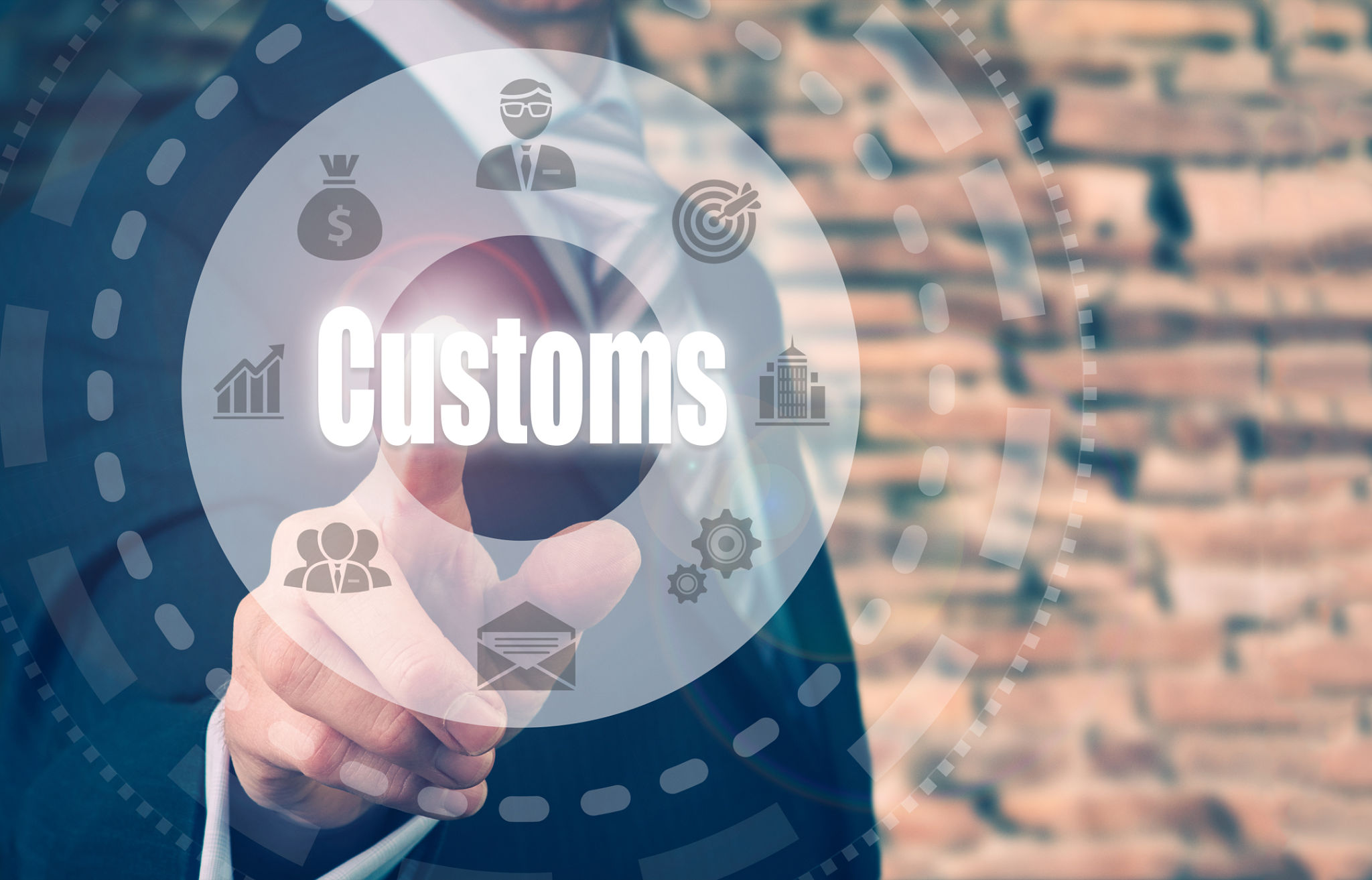Understanding Customs Brokerage for Brazilian Goods: A Step-by-Step Guide
When importing goods into Brazil, understanding the customs brokerage process is crucial for a seamless experience. Navigating through the complex regulations can be daunting, but this step-by-step guide will help demystify the process and ensure your goods clear customs without unnecessary delays.

What Is Customs Brokerage?
Customs brokerage is a service provided by licensed professionals who facilitate the import and export of goods across international borders. These experts ensure compliance with all applicable laws and regulations, helping to streamline the logistics and administrative aspects of international trade.
The Role of a Customs Broker
A customs broker plays a vital role in the importation process. They are responsible for preparing and submitting all necessary documentation, calculating duties and taxes, and liaising with government agencies on behalf of the importer. By hiring a customs broker, importers can avoid costly mistakes and penalties associated with non-compliance.

Steps to Import Goods into Brazil
Importing goods into Brazil involves several key steps. Understanding each step will help you better prepare and manage your import activities, ensuring a smooth process from start to finish.
Step 1: Classify Your Goods
The first step in the import process is to accurately classify your goods using the Harmonized System (HS) code. This code determines the applicable duties and taxes, as well as any restrictions or requirements for your products.
Step 2: Obtain Necessary Licenses
Depending on the nature of your goods, you may need to obtain specific licenses or permits before importing them into Brazil. This could include health certificates, environmental permits, or other regulatory approvals. Consulting with a customs broker can help identify which licenses are needed for your products.

Preparing Documentation
Proper documentation is crucial for clearing customs in Brazil. Some of the essential documents include the commercial invoice, packing list, bill of lading, and certificate of origin. These documents provide important details about the shipment and must be accurately completed to avoid delays.
Step 3: Submit Import Declaration
Once your documentation is in order, you'll need to submit an Import Declaration (Declaração de Importação) through Brazil's customs system, Siscomex. This declaration provides comprehensive information about the imported goods and is used to assess duties and taxes.

Clearing Customs
After submitting the Import Declaration, your shipment will be assigned a clearance channel: green (automatic clearance), yellow (document verification), red (physical inspection), or gray (customs audit). Understanding these channels can help you anticipate potential delays and plan accordingly.
Step 4: Pay Duties and Taxes
Once the customs authorities have reviewed your documentation and assessed your shipment, you'll be required to pay any applicable duties and taxes. The payment must be made promptly to ensure your goods are released from customs without delay.
By following these steps and engaging a knowledgeable customs broker, you can navigate the complexities of importing goods into Brazil more effectively. This not only saves time and resources but also minimizes the risk of errors or non-compliance that could impact your business operations.